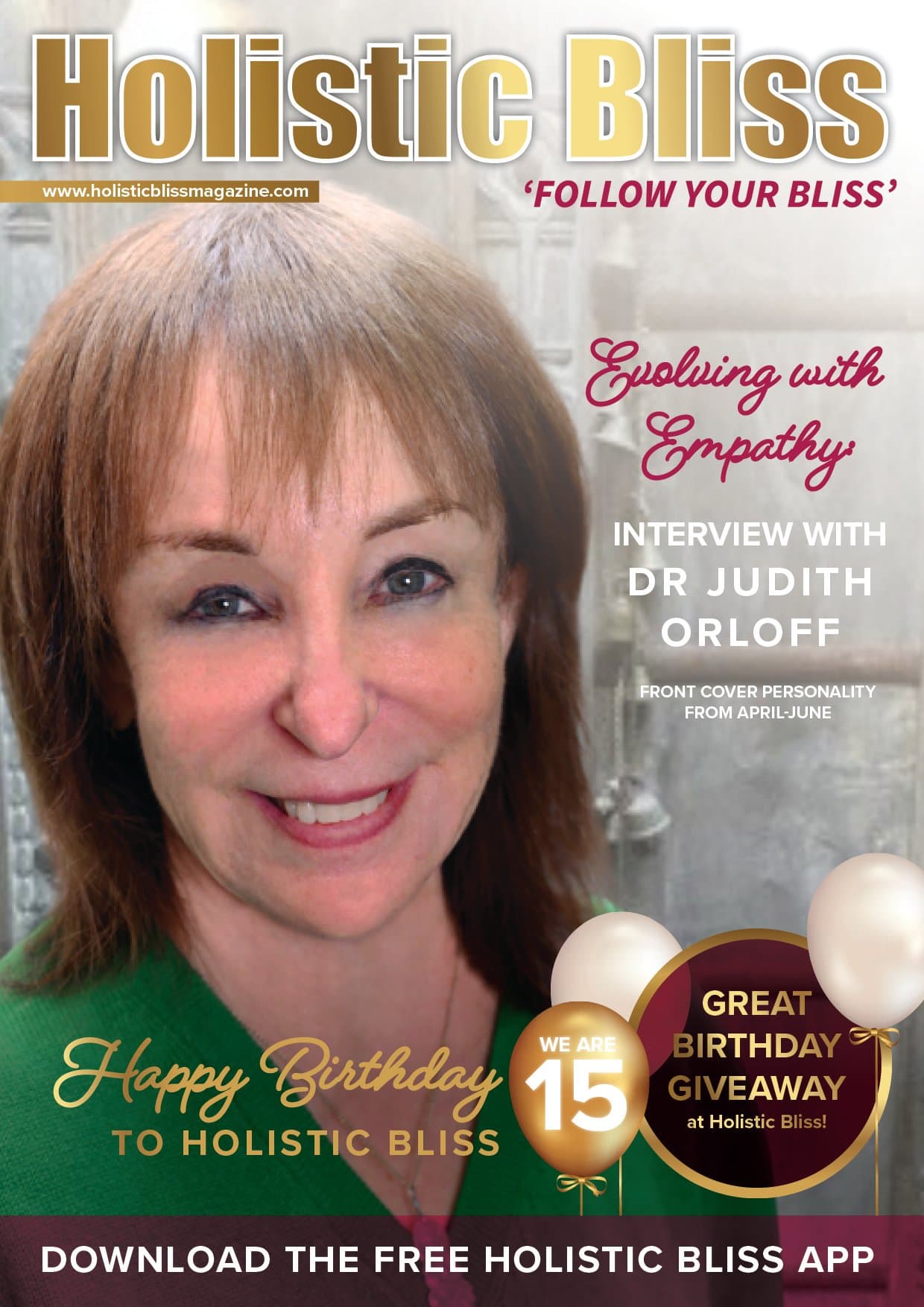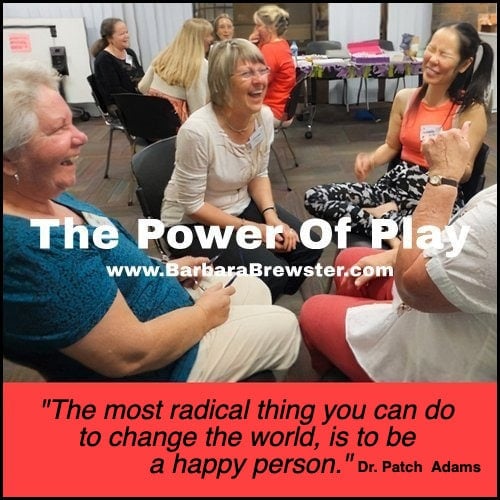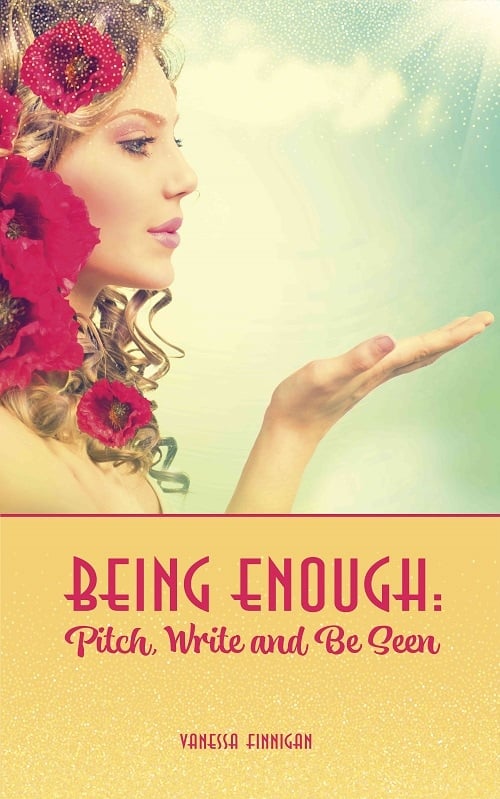Last month I wrote about “Experiential Ownership” (you can find that article here: https://holisticblissmagazine.com/master-your-responses-to-unpleasant-experiences-part-1-by-marc-de-bruin/).
To quickly summarise this concept: our emotions are sensations in our bodies which arise because of our judgemental thoughts about a particular situation. In other words: no-one can really make you “feel” anything -other than by touching you. All our emotions are produced internally, and are based on our thoughts, perspectives, ideas, beliefs, convictions etc. about what happened, and about what was (not) said and/or (not) done.
How does this work out in practice? The concept is most important in interpersonal relationships. Oftentimes we “just react”, and say or do something, without thinking about it too much. Here’s an example. Say you’re having a discussion with your partner, who at some point walks off because: “I don’t want to talk about it anymore”. You find this disrespectful, so you react back: “why do you always walk off when we are having a discussion?”. Your partner then bites back: “because you stop being reasonable whenever we talk about stuff”; etc, etc. Tempers go up, agitation goes up, and you’re now both in fight-flight more, blaming each other for the situation, and neither of you wants to back down.
What actually happens, is this. Your partner says or does something. You think that s/he shouldn’t have said or done that (based on your own ideas about their words or behaviour). Your body now produces strong physical sensations about this (heart rate up, breathing changes, temperature changes, shaking, etc). THIS is what we react to: the thoughts we have, combined with the physical sensations (the “energies in motion”; e-motions) we feel; not to what happened or what was said per se.
You might think: “what’s the difference?” Well, in outcome, the difference can be massive. Not taking responsibility for our own emotions (as in: we react to our own internal processes) feels disempowering. We feel we’re at the mercy of other people’s words and actions. Additionally, it makes us look to others when we want to feel better. THEY have to change, so I will feel better! Moreover, not owning our own experiences often leads to less compassion for others’ strong reactions to what YOU said or did (or did not say or do).
Owning our own experiences, on the other hand, can be very empowering. We are the ones who can make ourselves feel better; we don’t need to rely on others. They can most certainly help, but we are not dependent on them. We can also develop more empathy, not only for our own plight, but also for that of other people. If they react strongly to what we say or do, we can learn to be more compassionate by realising that they ALSO are merely reacting to their own internal processes; not to what WE say or do, per se. It allows us to look for common ground, and for solutions that work for all of us.
Perhaps, in the example given, the person who walked off could have decided -owning their experience- that walking away is not necessary. And even if they did walk, you could have decided -owning your experiences- that snapping back was not necessary. Ideally, each conversation partner fully owns their own experiences. Yet, even if that doesn’t happen, then even one person doing so will make a big difference to the outcome of the conversation.
Whenever you feel your brain and body react: breathe, deeply. Realise you are now in “reactive mode”. What happens next depends on whether you are willing to own that reaction or blame the other for it. There is a choice-point, but many people will not see that choice-point and shoot straight past it into reactivity.
By -what I call “slowing down the movie”, we can learn to recognise what happens that triggers our system. We can then also notice that our bodies (and brain!) immediately respond to this trigger by going into fight-flight mode. We can learn to use that process as our queue to “own” what just happened inside us and choose a more helpful response to the situation. Or we continue to disown this process (i.e. blame the other person/the situation for it), and most likely automatically pick a reaction that will be less helpful (or even unhelpful).
This is where the adage “if it is to be, it is up to me” proves quite accurate. We cannot control events in our lives, and what other people say and do. We can, however, manage our response to it, and experiential ownership is a solid first step in that direction.
Simplifying Life










Add comment